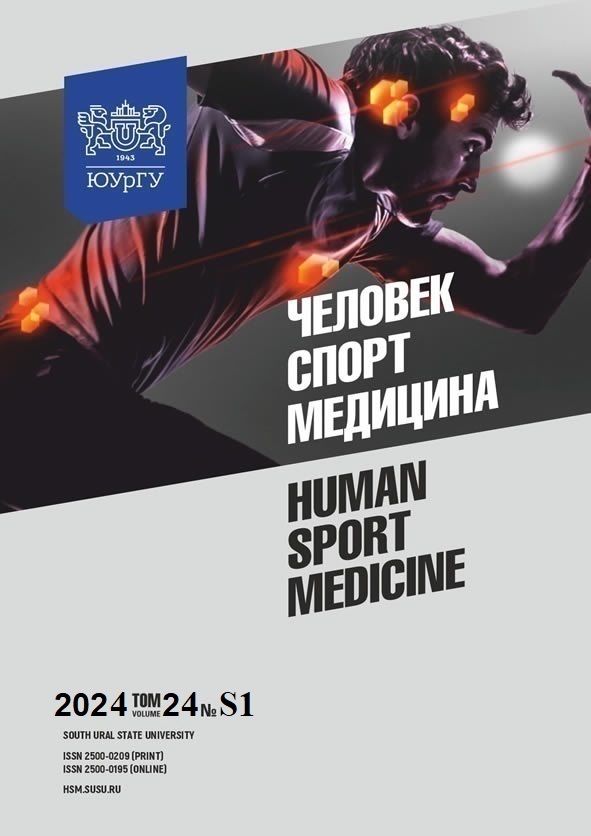POST-PANDEMIC PHYSICAL PERFORMANCE AND IMMUNE STATUS: AN INVESTIGATION INTO STUDENT HEALTH OUTCOMES
Abstract
Aim. This study compares the physical performance and immune status of individuals who have not been ill with those who have experienced COVID-19. Materials and methods. In April – May 2023, an immunogram and physical performance assessment were conducted among medical university students with a history of COVID-19 (n = 12) in comparison to a control group of conditionally healthy individuals (n = 16). Cardiovascular parameters were measured under resting conditions and following each load in the PWC170 test. The content of CD cells, phagocytic activity, and NBT activity of neutrophils were assessed using flow cytometry, while the levels of IgA and IgM antibodies to SARS-CoV-2 were determined through immunofluorescence analysis. Results. The study observed a significantly elevated concentration of SARS-CoV-2-IgM and an increased Kérdö index in a resting state among male subjects with a history of COVID-19. Conversely, female subjects with a history of COVID-19 exhibited a significantly higher content of SARS-CoV-2-IgA and a less pronounced response of systolic and mean arterial pressure to physical load in the PWC170 test compared to those without a history of COVID-19. A negative correlation was confirmed between the phagocytic activity of neutrophils and the level of physical performance as assessed in the PWC170 test. Conclusion. The COVID-19 infection induces a shift in certain immunogram indicators, correlating with alterations in the functional state of the cardiovascular system and the vegetative status of the body.
References
References on translit
Copyright (c) 2024 Human. Sport. Medicine

This work is licensed under a Creative Commons Attribution-NonCommercial-NoDerivatives 4.0 International License.















